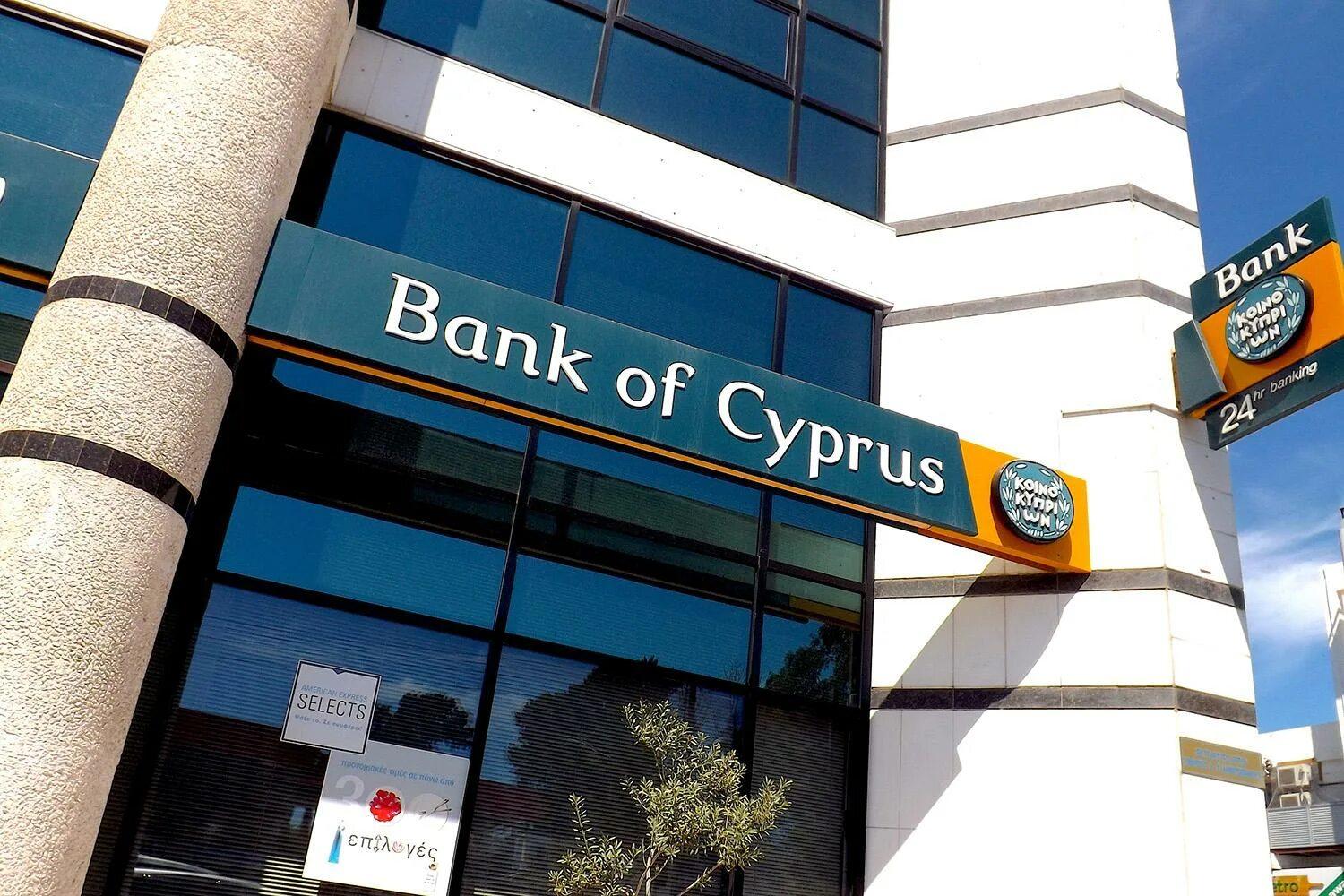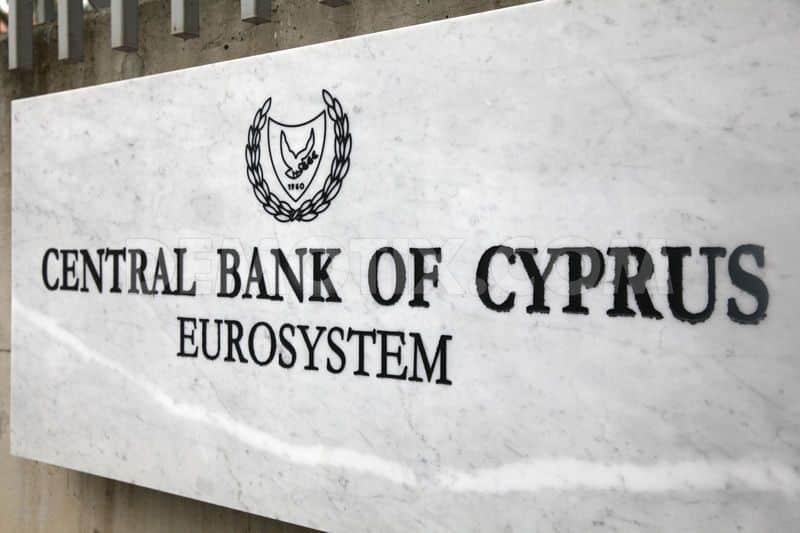- Content
In recent years, the banking system of Cyprus has undergone significant transformation, driven both by internal changes in financial regulation and by the pressure of international anti-money laundering (AML) and counter-terrorist financing (CTF) organizations. These trends have had a direct impact on the requirements for opening accounts by foreign individuals and companies, making the process more formalized, detailed, and transparent.
1. Legal Framework and Regulatory Environment
The main regulator of Cyprus’ banking sector is the Central Bank of Cyprus (CBC), whose authority is defined by the Central Bank of Cyprus Law 2002 (with subsequent amendments). The core legal standards for banks and clients are formed on the basis of:
- The Prevention and Suppression of Money Laundering Activities Law (L.188(I)/2007 and its amendments). This act sets out the framework for client verification (KYC), identification of beneficial owners, and the sources of funds.
- CBC’s AML directives, including European Union Directives (4AMLD, 5AMLD, 6AMLD) which have been transposed into national law in Cyprus.
- The Business of Credit Institutions Law (Cap. 124), which regulates banking operations and relationships with clients.
Cypriot legislation is rapidly adapting to EU standards, which in practice means a high level of transparency and the unification of procedures compared to other jurisdictions. For example, since 2023, new amendments have been in force, requiring banks to conduct enhanced due diligence for clients from high-risk countries and for large transactions.
2. Requirements for Foreign Individuals: Detailed Analysis
2.1. Residency Status
Cyprus does not have a strict division between accounts for residents and non-residents: a foreign citizen (regardless of country of residence) has the right to open an account, provided all standard KYC/AML procedures are completed. However, for EU residents and citizens of countries with cooperation agreements with Cyprus, the process may be somewhat simplified.

2.2. List of Required Documents
The standard list, which may be extended at the bank’s discretion, includes:
- Valid foreign passport – essential for identity verification. In some cases, a notarized copy and translation into English/Greek are required.
- Proof of address – e.g., utility bill, bank statement, or municipal certificate issued no earlier than three months before the application. The document must be in the applicant’s name.
- Reference letter from a foreign bank – not always required, but common practice in many banks, especially when opening accounts for citizens of CIS and Middle Eastern countries.
- Proof of income or employment contract, tax declaration, income statement, documents confirming business ownership or other evidence of source of funds – depending on the type of account and volume of transactions declared.
- Bank’s internal application form – includes questions about the purpose of the account, planned transactions, expected volume and frequency of transfers, and professional activity.
- In some cases, a visa stamp or residence permit in Cyprus. As of 2025, some banks require proof of legal presence in Cyprus at the time of application submission.

2.3. Enhanced KYC/AML Due Diligence
Once documents are submitted, banks conduct:
- Automated and manual identity checks against international databases (World-Check, Interpol, EU and UN sanctions lists).
- Analysis of transaction history based on provided bank references.
- Tax residency verification in accordance with international tax information exchange agreements (CRS, FATCA).
Notably, since 2024 all Cypriot banks are required to request a Tax Identification Number (TIN) from foreign clients and, if necessary, automatically report account information to the tax authorities of the client’s home country under the CRS program.
3. Requirements for Legal Entities (Companies, Trusts, Foundations)
The process of opening a corporate account for foreign companies is significantly more complex, requires a substantial volume of documents, and typically involves professional intermediaries (lawyers, auditors).
3.1. Required Documents
- Company incorporation documents (Certificate of Incorporation, Memorandum & Articles of Association, Certificate of Directors/Shareholders, Certificate of Registered Office Address).
- Documents confirming ownership structure – crucial for KYC, as Cypriot banks require disclosure of the entire chain of beneficial ownership up to the ultimate natural person.
- Passports and proof of address for all directors, shareholders, and beneficial owners.
- Financial statements – for the last year, or a business plan for new companies.
- Description of the company’s business, expected transactions, and sources of incoming funds.
- Reference from a foreign bank or recommendations.
- Tax residency certificate (if applicable).
- Powers of attorney and board resolutions to open an account.

3.2. Due Diligence Practice
The bank conducts interviews with company representatives, may request additional details about business activities, contracts with key counterparties, links to the company website, and public information. In some cases, banks require confirmation of the legality of all initial deposits.
3.3. Timeframe and Cost of Procedure
In practice, opening an account for legal entities may take from 3 to 8 weeks. The cost of services (not including intermediary fees) ranges from €500 to €3,000 depending on the bank and the complexity of the structure.
4. The Step-by-Step Procedure: With Practical Examples
Step 1. Bank Selection
In 2025, the main banks working with foreigners are Bank of Cyprus, Hellenic Bank, Eurobank Cyprus, Alpha Bank Cyprus, and some international financial institutions (e.g., RCB Bank). Banks differ in requirements, service costs, and the availability of online services.
Step 2. Initial Consultation and Pre-Approval
The applicant usually contacts the bank remotely or via a representative and receives a preliminary list of required documents. At this stage, preliminary client screening is performed.
Step 3. Preparation and Submission of Documents
Depending on the client type, documents are submitted either in person at a bank branch or remotely with notarized copies and apostille.
Step 4. Interview
This has been a mandatory stage since 2021. The bank ascertains the source of funds, the purposes of opening the account, and verifies the client’s identity.
Step 5. Document Verification and Risk Assessment
The bank conducts legal and financial analysis, reviews the submitted information for legitimacy, and checks for politically exposed person (PEP) status.Step 6. Decision and Account Opening
If there are no objections, the account is opened, the client receives access to online banking, and a card is issued if needed.
5. New Trends: Digitalization and Remote Services
Since 2022, Cyprus has seen active growth in digital banking services—Bank of Cyprus, for example, launched a mobile app allowing document upload and video verification. However, for non-residents, this method is often supplemented by an in-person visit or verification at a representative office.

Statistics: According to CBC, by the end of 2024, more than 30% of new accounts were opened by foreigners remotely, with the average application processing time reduced to 7–10 business days for individuals and 15–20 for companies (provided a full set of documents is submitted at once).
6. Special Categories of Foreign Clients: PEPs, High-Risk Countries, Crypto-Related Projects
- PEPs (Politically Exposed Persons): For these clients, banks conduct enhanced due diligence, require extra documentation on income and sources of funds, and often extend the processing time.
- Citizens of high-risk countries (listed by FATF and EU): Banks may refuse to open an account without explanation.
- Crypto-related companies: As of 2025, most Cypriot banks still impose restrictions on opening accounts for companies dealing with digital assets, though the fintech banking segment and specialized payment institutions are developing.
7. Practical Examples and Real Cases
Example 1: Opening an Account by a Russian Citizen
A Russian citizen living in Moscow decides to open an account at Bank of Cyprus for real estate purchase. Required documents included: notarized passport copy, recent utility bill, income statement, copy of the property reservation agreement, and a reference letter from a Russian bank. The procedure took 12 days from submitting a complete document package, with the first transfer limited to €100,000 without additional approval.
Example 2: Corporate Account for a Kazakh IT Company
A Kazakh IT company opened a corporate account with Hellenic Bank to enter the EU market. All incorporation documents (apostilled and translated into English), the previous year’s financial report, business plan, passports of all beneficiaries, a contract with a European partner, and a tax residency certificate were required. The process took five weeks; the first transfer was approved after positive compliance review.
8. Challenges and Reasons for Refusal
According to the Cyprus Bankers’ Association, about 19% of foreign applications were refused in 2024. Main reasons: KYC non-compliance, suspicion of money laundering, lack of transparency in company ownership structure, inability to verify the source of funds, or applicant’s association with high-risk categories (countries, sanctions, PEPs).
Modern Challenges and Prospects
In 2025, Cypriot banks give top priority to the client’s reputation, transparency of ownership, and proof of source of funds. For foreign individuals and companies, this process requires careful document preparation and transparent transaction history. Despite the tightening of regulations, Cyprus remains one of the most open European markets for non-residents, offering modern remote banking tools, a high level of service, and international deposit protection. New digital services are streamlining account opening, but human involvement is still needed at the verification and risk assessment stages.
The modern Cypriot banking system continues to maintain its reputation as a reliable and accessible jurisdiction for international business and personal savings—provided that clients fully comply with transparency and the legal origin of funds.
The modern Cypriot banking system continues to maintain its reputation as a reliable and accessible jurisdiction for international business and personal savings—provided that clients fully comply with transparency and the legal origin of funds.







